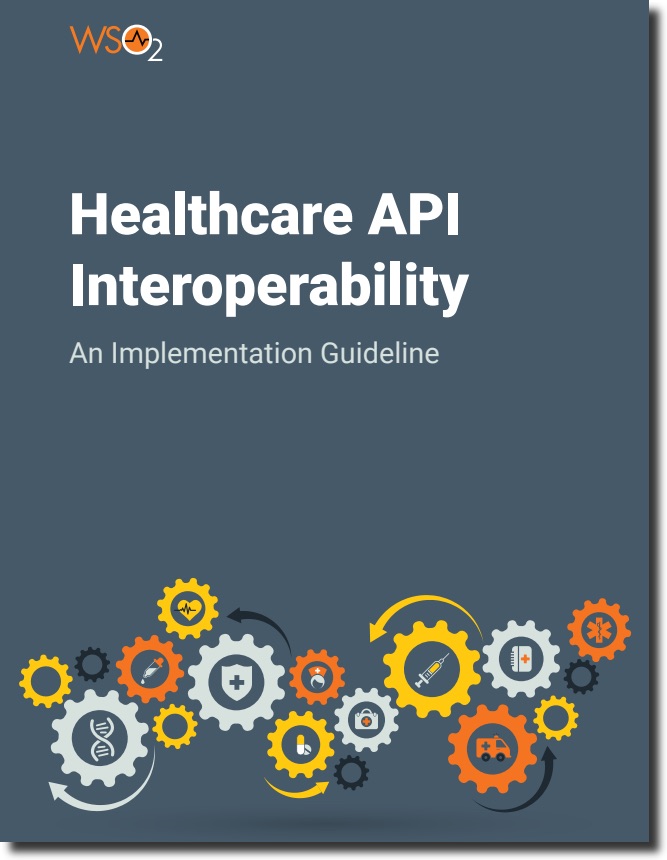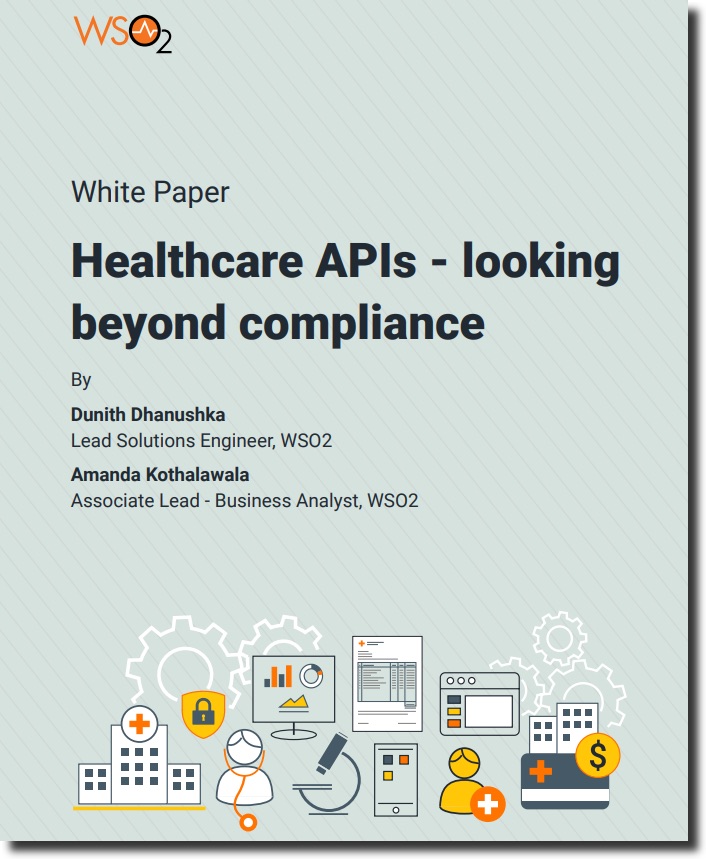Compliance & Legal
Beyond healthcare compliance: Are you doing enough to ensure visibility across your entire network?…
With more hackers than ever targeting healthcare organizations to get access to patient data, healthcare IT professionals need a complete and accurate inventory of all devices on their network. In an increasingly complex environment, knowing not only how many devices are connected to your network, but also what applications they’re running, is vital. Automation like that offered by RedSeal solutions makes it possible to achieve a clear understanding of what your network is – and what’s on it – in order to keep patient data safe.
The lack of interoperability in healthcare ecosystems is a critical issue for U.S. healthcare. The recent issuance of the Interoperability and Patient Access final rule (CMS-9115-F) by the Centers for Medicare & Medicaid Services (CMS) addresses this by driving interoperability and providing patients with access to their own health information when they need it. Because of this rule, the use of APIs in healthcare has become a mandated requirement of a digital healthcare integration solution. When selecting an API integration vendor to partner with, flexibility and healthcare experience are key. WSO2’s healthcare domain knowledge and expertise mean that the WSO2 Open Healthcare Platform can be deployed on-prem, in multiple clouds, in VMs and in containers.
Recently, as part of a shift to more patient-centered, value-driven healthcare, regulations such as the Interoperability and Patient Access final rule (CMS-9115-F) and the 21st Century Cures Act have been put into place to help put patients first and empower them to control their data and take a more active role in their own care. APIs make interoperability possible, and there’s an increasing demand for API management solutions like the ones WSO2 offers to liberate and restructure patient data. This creates opportunities for healthcare organizations to use APIs beyond what is necessary to meet regulatory compliance and build API-centric marketplaces.
Compliance is a serious, enforceable matter – and must be properly addressed in the context of the workplace challenges and changes that have emerged amid the pandemic.
On the surface, like with other HHS settlements, it may seem harsh, regarding only the amount of money vis-a-vis the number of patients affected. But it's important to consider what OCR is trying to accomplish.
When working with big data, small inconsistencies in data entry matter. Leaving the task of cleaning up registration or demographic data to data scientists or IT staff will be expensive.
CMS requirements for approved clinical decision support mechanisms could cause extra burden and more keystrokes for physicians attempting to meet appropriate use criteria.
The Health Insurance Portability and Accountability Act (HIPAA) requires covered entities (i.e., health care providers, health plans, and health care clearinghouses) to safeguard the privacy and security of individuals’ PHI. As healthcare providers and other covered entities continue to outsource tasks to business associates, third-party risk management has become a growing HIPAA compliance challenge. Attend this webinar to understand healthcare best practices for operationalizing your third-party risk program, including assessments and due diligence, ePHI data protection, contract management and more.
SPONSORED
Cybersecurity continues to be a significant area of concern, with a higher frequency of multi-million dollar, potentially deadly, security breaches - 63% of which can be attributed to a third party. These increasing risks bring stricter regulatory requirements such as being able to audit all access to your network down to the individual level.
SPONSORED
Minneapolis-based Zipnosis sought a flexible, HIPAA-compliant architecture on which to build its telemedicine solution, with support for integrating virtual visit records and customers' HL7 data. They required maximal security, compliance, scalability, affordability, and reliability of their critical infrastructure.
![Beyond healthcare compliance: Are you doing enough to ensure visibility across your entire network? [Executive Brief]](/sites/hitn/files/2025-06/redsealsystemssnippet.jpg)








